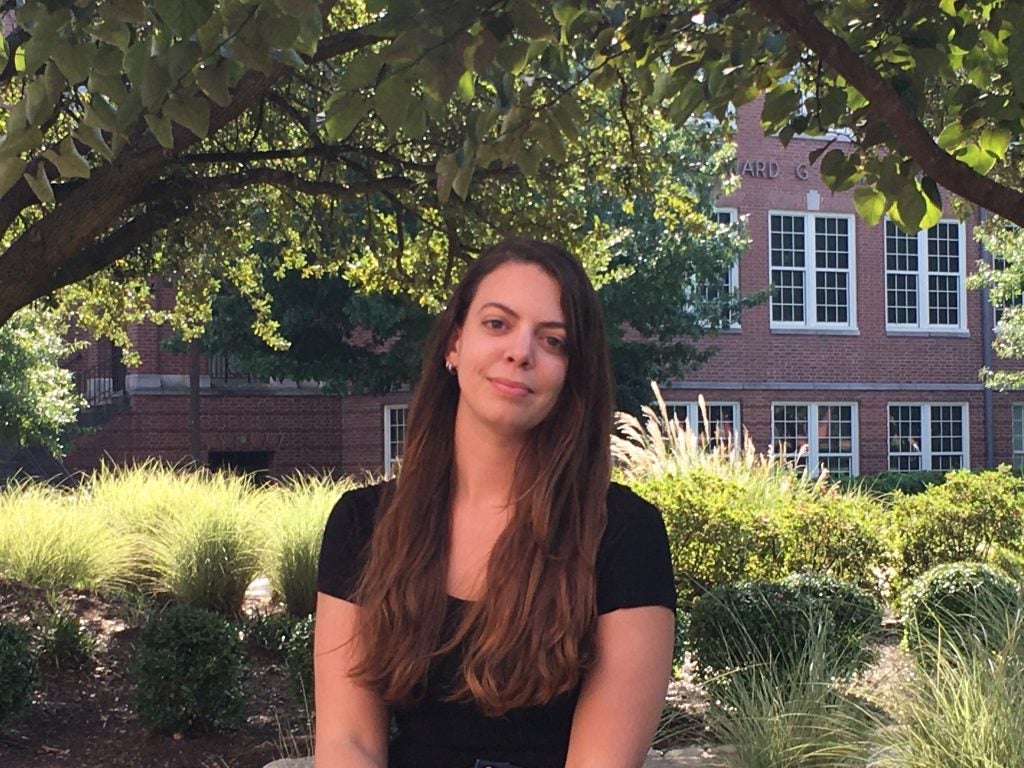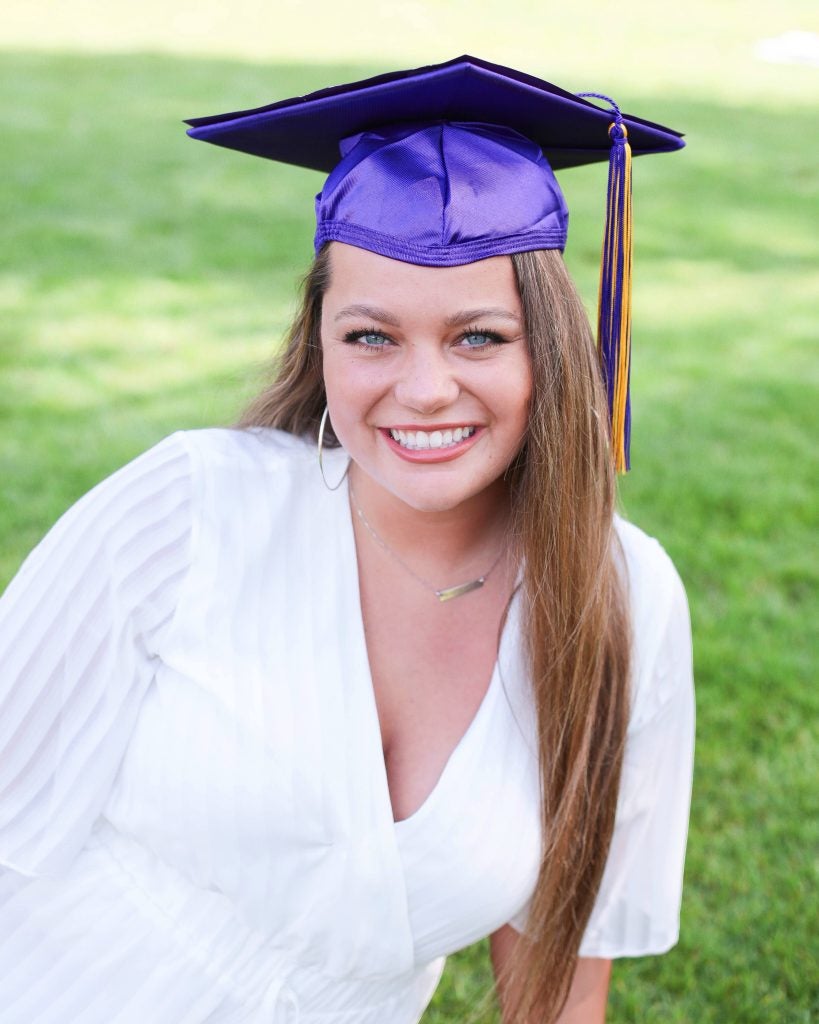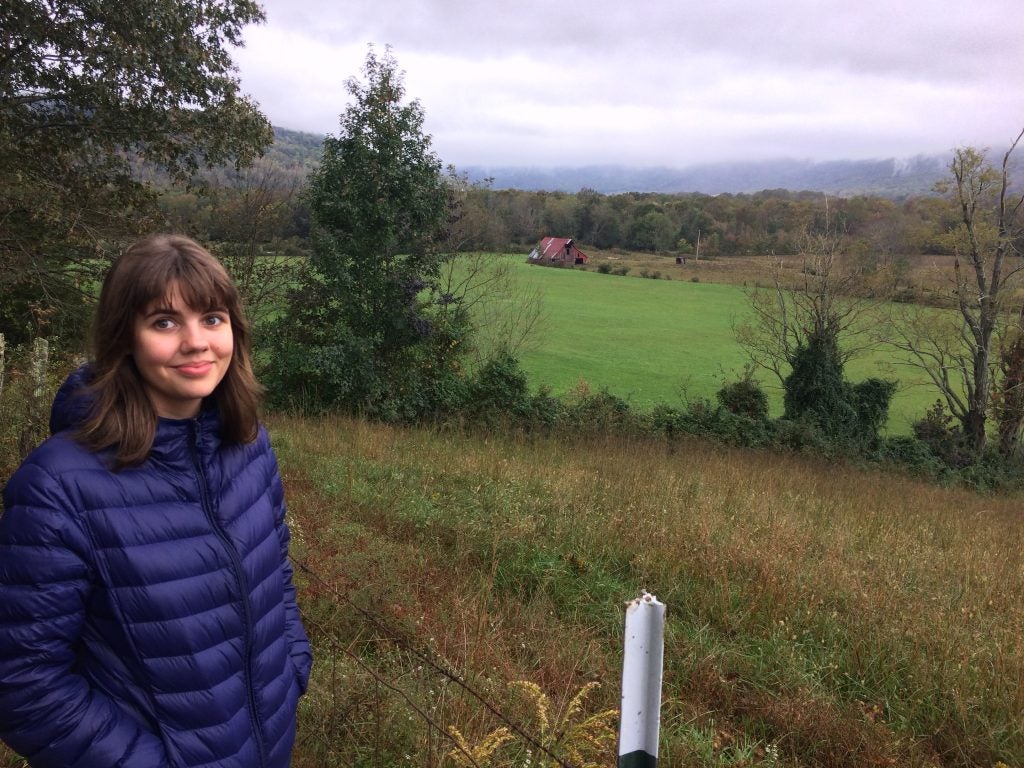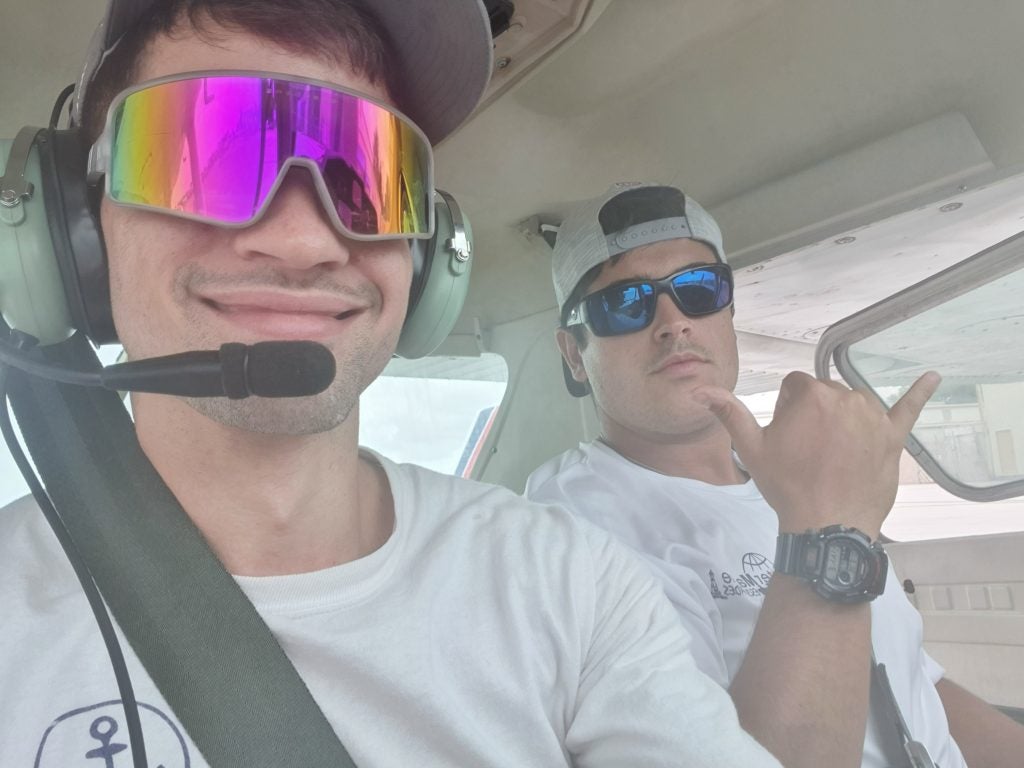Website: https://water.ecu.edu/activities/waterscholars
Application Deadline: January 28, 2022.
One of the main goals of the Water Resources Center is to build a community between water researchers, water professionals, and the general public. Part of this is training and empowering the next generation of water scientists by providing them with opportunities to learn and develop professional skills that will assist them in their future careers. One way in which the WRC supports students is to provide them with funding opportunities like the Water Scholars Program. This particular program is designed to help students in achieving their research goals with support from faculty mentors as well as to support them in projects that are creative and educational that feedback into the water resources community. It is open to all eligible ECU undergraduate and graduate students that are interested in enhancing the understanding of water-related issues and building a stronger water resource community through research and education. There is no limit to the type of projects that could be funded, so students from all majors are encouraged to apply. Previous awardees have received funding that helped them complete projects that included data collection, publishing of a book, and creating an art exhibition about the marine environment. So, there is no limit to how creative you can be with your projects. If you would like to know more about the previous projects that have been funded, you can see below excerpts from the spring 2021 awardees talking about how the Water Scholars Program has benefited their own projects:

“The WRC award allowed me to continue my thesis research throughout the summer when program funding was unavailable. It helped me to finish my analysis in a timely manner without the stress of needing to slow down and find part-time work.”

“Receiving this award has benefited my work by providing a real-life opportunity to create artistic work about the marine environment and present it to the public. Part of my career goal is to create artwork that helps to inspire and educate the public about the need for marine conservation and this exhibit has been a great steppingstone towards that.”

“Receiving this scholarship has allowed me to complete my data collection for my masters thesis in Chemistry in relation to water quality and lignin quantitative analysis. Without this scholarship I would not have been able to purchase the equipment I needed, which is the main piece of equipment throughout my method. This scholarship has made it possible for me to complete my thesis and analyze water samples in relation to storm activity, the carbon cycle and lignin.”

“My WRC grant allowed me to work with a professional editor to strengthen the manuscript of my environmental novel, We Mean No Harm, which follows the decline of coral reefs in the Florida Keys. Not only did having access to a professional editor improve my manuscript, it also helped me make connections in the publishing industry. For example, my editor encouraged me to apply to present my work at the Breadloaf Environmental Writing Conference at Middlebury College. I did so and had the opportunity to present my work at the conference a few months later. My editor also encouraged me to pursue publication of short stories in environmental magazines; I have since won awards for two stories. I am currently seeking a literary agent to represent my novel and hope to accomplish this in the upcoming year.”

“The Water Scholars Program granted me an unparalleled opportunity to connect with many of the active ‘players’ in South Florida’s restoration game. Establishing early, strong connections with community members and agency partners in interdisciplinary research is essential. Now, the rest of my fieldwork has a realistic timeline with connections across the region thanks to this pre-emptive investigation halfway through the Integrated Coastal Sciences Ph.D. program!”

“Receiving the Water Scholars Award greatly helped focus my research and dissertation. Additionally, the funding provided the opportunity to become more familiar with the history of flooding in Eastern North Carolina, its myriad effects on the lives of the residents, and the way individuals and communities perpetuate these memories.”
Remember, there is no limit to how creative you can be. If you have a project that you would like support with and would like to apply to the program, go to the webpage to find out more about the Water Scholars Program and what can you do to submit an award-winning proposal.
Who can apply?
Full-time undergraduate students who hold at least sophomore standing (30 college credits) and graduate students are eligible to apply.
Competitive applicants are students who can articulate research interests and/or creative activities aligned with WRC community-building priorities.
Students are eligible to receive support once a year.
Deadline: January 28, 2022.